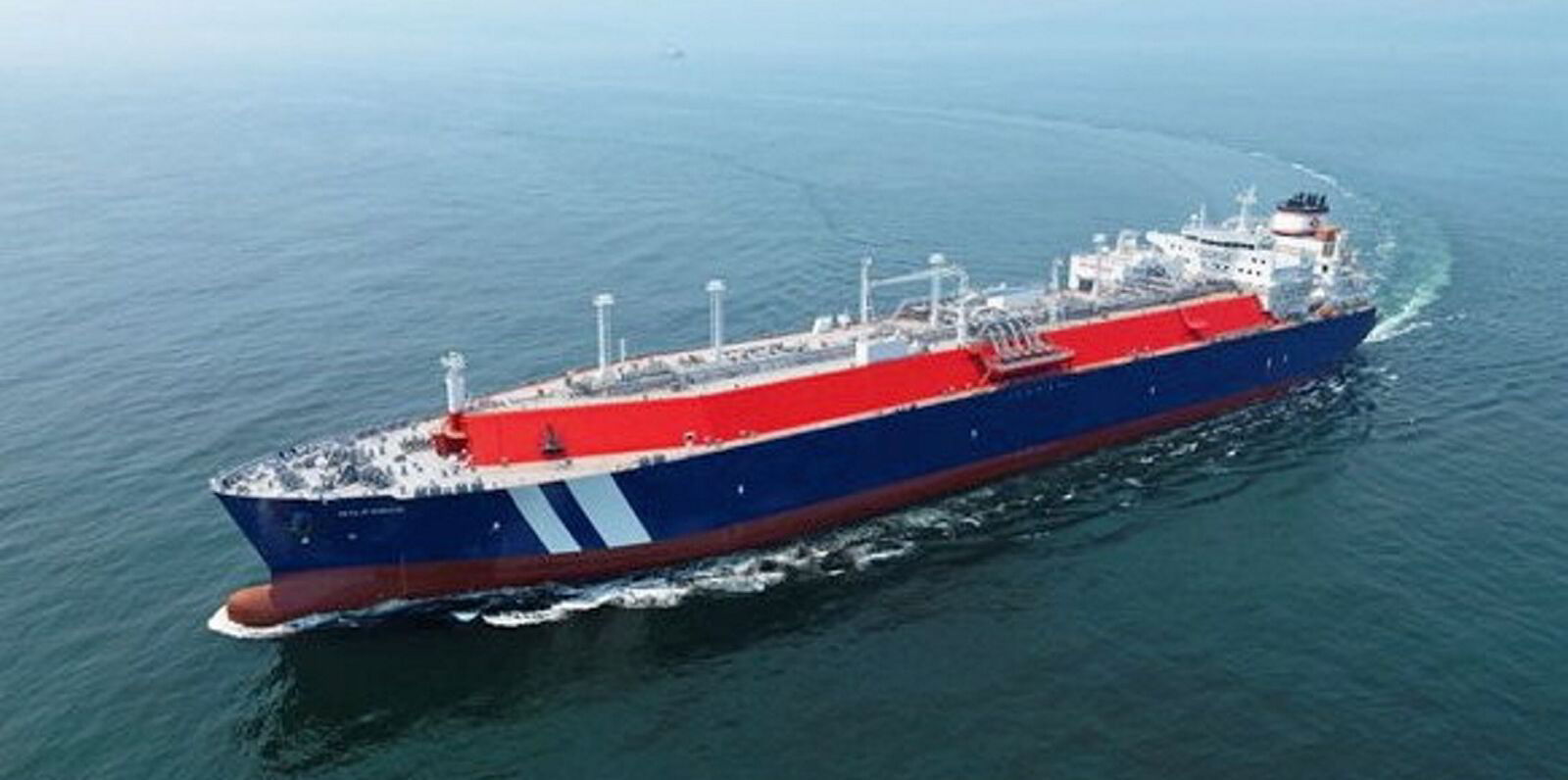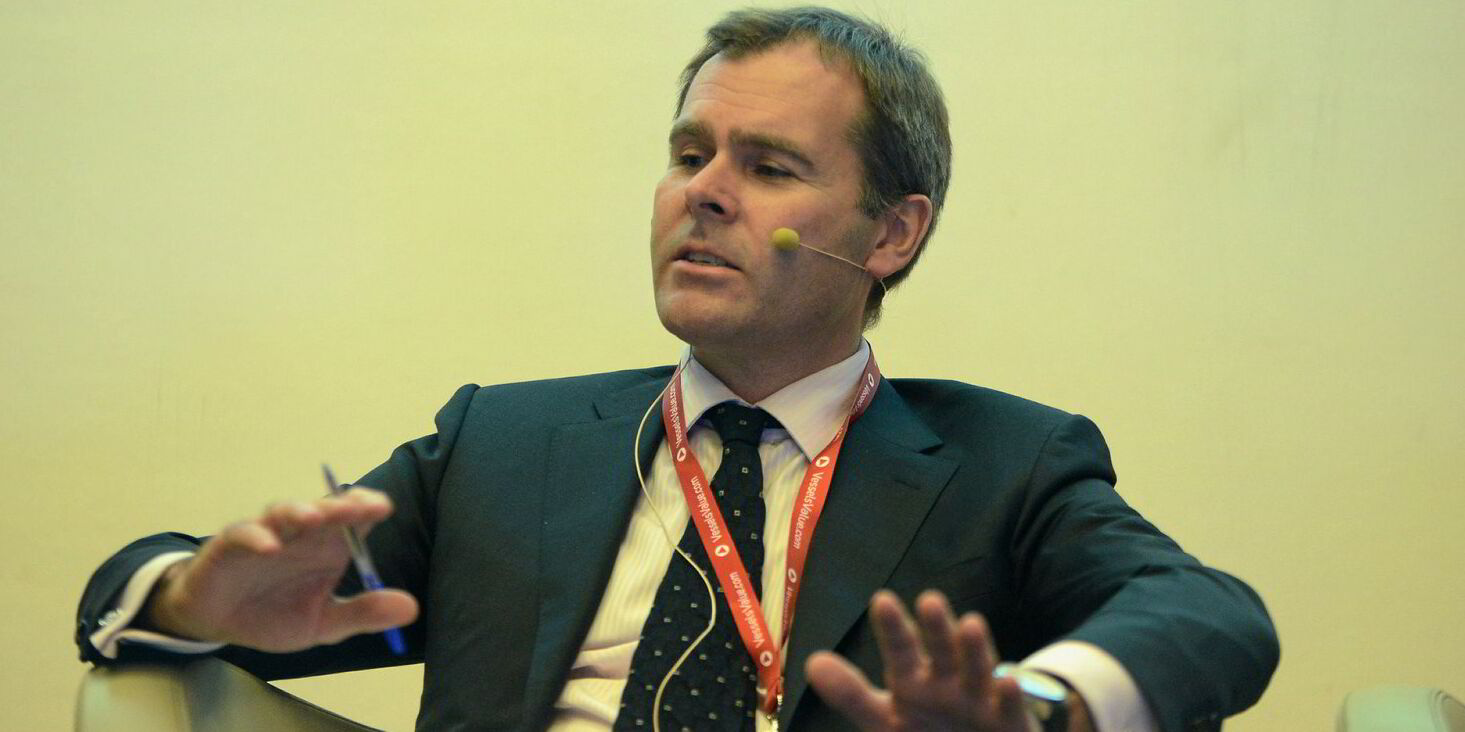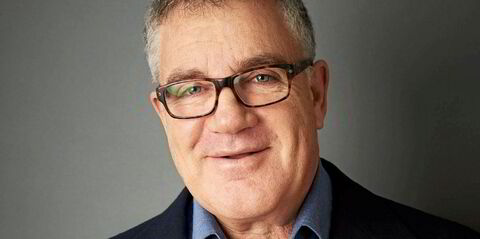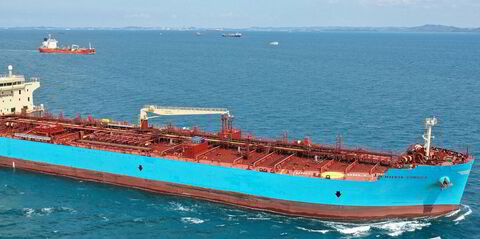The dire LNG carrier spot market has forced Awilco LNG to a loss as it preserved cash by pausing dividend payouts.
The Oslo-listed owner of two 156,000-cbm tri-fuel diesel-electric vessels built in 2013 said it lost $0.3m in the third quarter, versus a profit of $3.3m in the same three months of 2023.
Net freight income dropped to $10.7m from $15.6m, while Ebitda was $7.3m, down from $11.1m the year before.
Vessel utilisation was 87%, compared to 100% in the second three months of this year.
The time-charter equivalent earning figure was $58,000 per day, down from $122,900 in the second three months
Spot rates have fallen beneath $20,000 per day from above $80,000 in August due to a lack of activity.
The trickle of cargoes was caused by “inexplicably high” gas prices and high storage levels, Awilco LNG said.
Rates had gone above $300,000 per day in 2022.
Awilco LNG said earnings had begun to increase seasonally at the start of the third quarter, but this came to a halt and rates then fell.
There was muted activity on multi-month deals, with the one-year time charter rate for TFDE ships down to $30,000 per day on a few fixtures.
Challenging times
The WilForce LNG carrier is currently trading in a challenging spot market with very low rates and idle periods, the company said.
Chief executive Jon Skule Storheill added: “After almost two years with very strong earnings where both our vessels have been employed on well-paying time charter contracts, the company has experienced a significant drop in earnings in the third quarter.”
“The WilForce is trading in the weakest LNGC spot market experienced for years; considering this is normally high season it is surprisingly weak,” he added.
Storheill said that the company’s financial position is robust, with a comfortable cash position and lowered cash breakeven following the recent refinancing of its vessels.
“Due to the present weakness and lack of visibility of near-term earnings the board resolved to halt dividend payments until an improvement in earnings is seen,” he added.
Cash and cash equivalents decreased from $36.7m at the end of the second quarter to $25.7m by 30 September.





